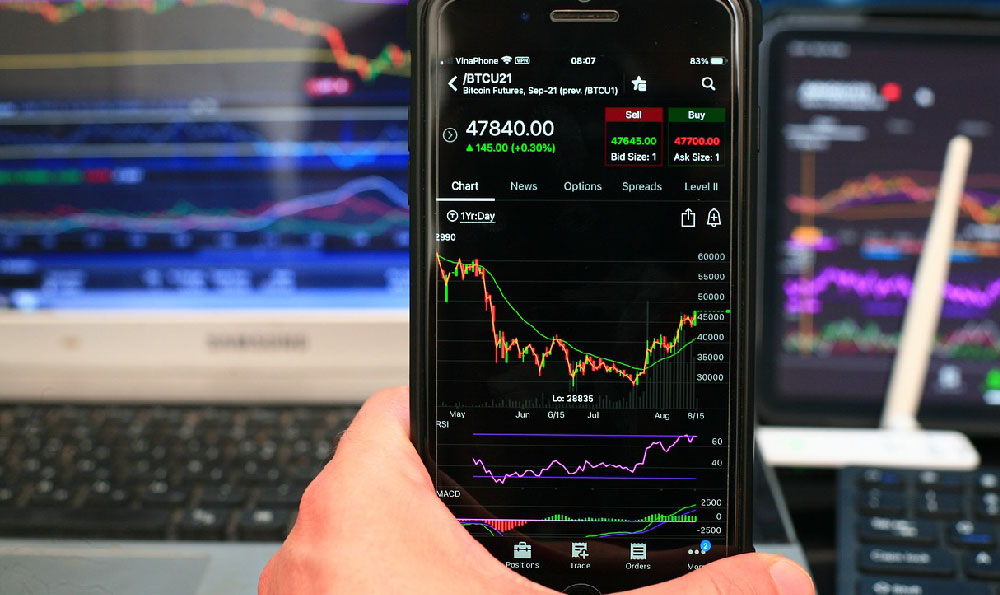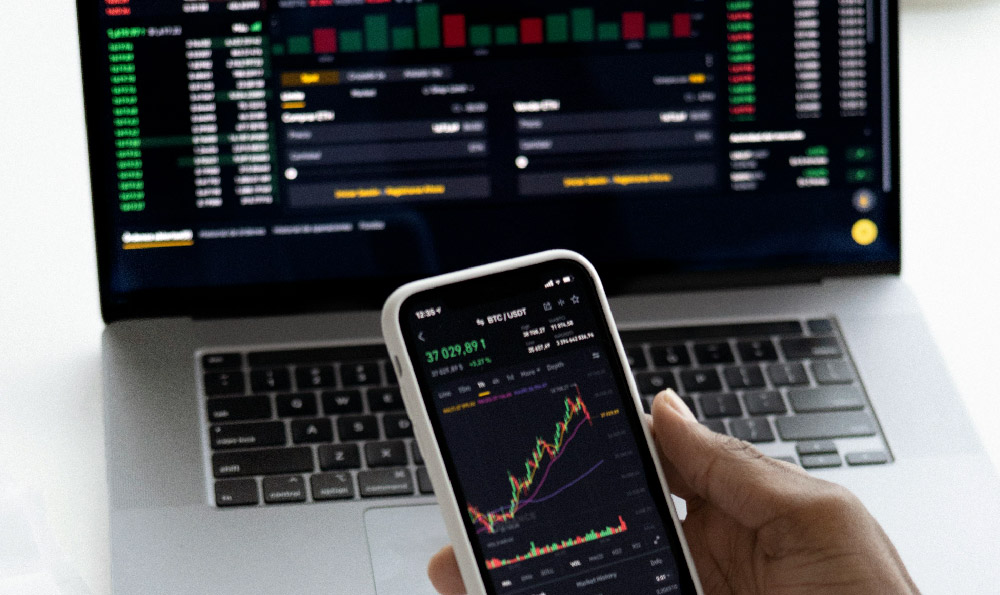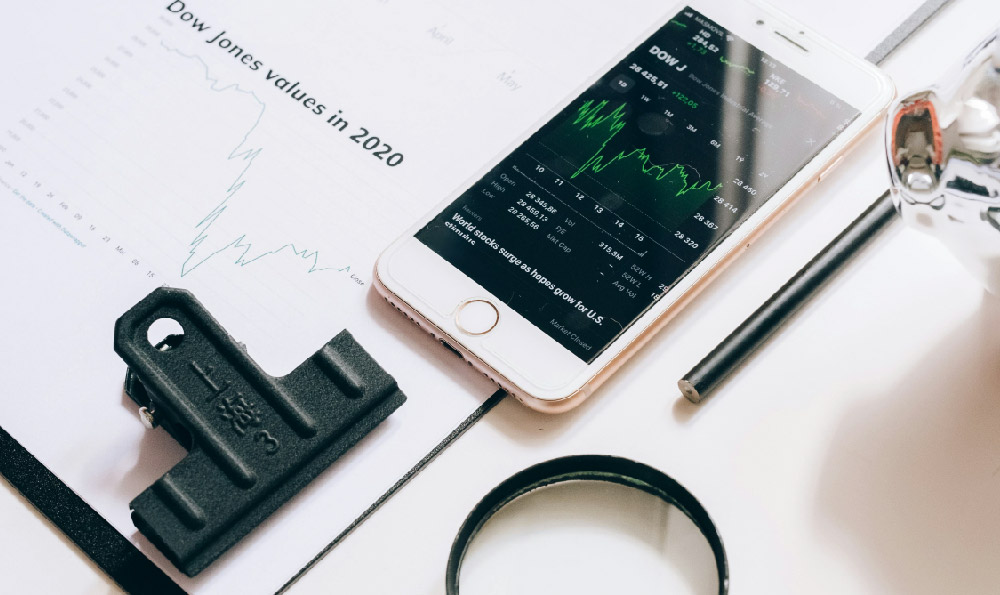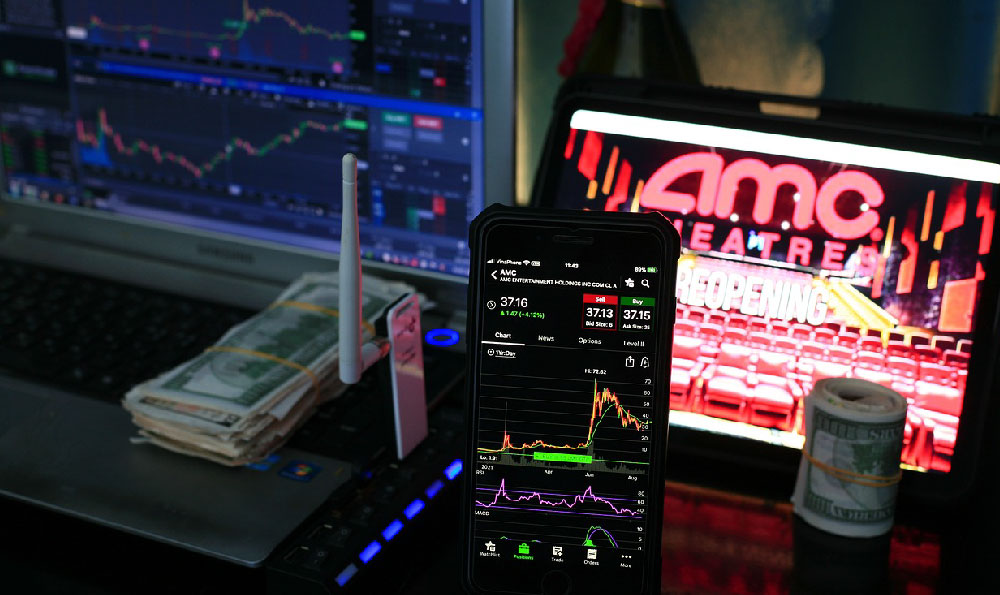How to Keep Bitcoins? Conditional Trade Executor: Is It Secure?

Keeping your Bitcoin safe and secure is paramount in the cryptocurrency world. Loss or theft can be irreversible, highlighting the need for robust security measures. Among the various tools and strategies available, the "Conditional Trade Executor" has emerged as a potentially useful feature, but its security aspects require careful consideration.
Let's first delve into the typical methods for securing Bitcoin. The most fundamental practice is using a hardware wallet. These devices are designed to keep your private keys offline, isolated from the internet and potential hacking attempts. They are generally considered the most secure option for long-term storage of significant amounts of Bitcoin. Regular software wallets, while convenient, are more susceptible to malware or phishing attacks, as the private keys are stored on a device connected to the internet. Choosing a reputable wallet provider with strong security features, such as two-factor authentication and multi-signature options, is essential if you opt for a software wallet.
Beyond storage, secure transaction practices are crucial. Always double-check the recipient's address before sending any Bitcoin. A single wrong character can send your funds to an unintended recipient, potentially irrecoverable. Using address whitelisting, where you pre-approve specific addresses for withdrawals, can help prevent accidental or malicious transfers. Be cautious of phishing scams, which often mimic legitimate exchanges or services to steal your private keys or login credentials. Never share your private keys with anyone, and be wary of clicking on suspicious links or downloading files from untrusted sources.

Now, consider the role of a Conditional Trade Executor. This tool automates trading based on pre-defined conditions. For example, you might set a condition to automatically sell your Bitcoin if its price drops below a certain level, or to buy more if it reaches a specific threshold. This can be helpful for managing risk, executing specific trading strategies, or reacting quickly to market movements, especially when constant monitoring is impossible.
However, the security of a Conditional Trade Executor hinges on several factors. The platform or service providing the executor must have robust security measures in place. This includes strong encryption for storing your API keys (which allow the executor to access your exchange account), two-factor authentication to prevent unauthorized access, and regular security audits to identify and fix vulnerabilities. Look for platforms with a proven track record of security and transparency. Understand that providing API keys to a third-party application, even with limited permissions, inherently introduces some level of risk.
The type of API key is also crucial. It is strongly advised to only use API keys with the absolute minimum permissions required for the Conditional Trade Executor to function. This means the key should ideally only have the ability to place trades and view account balances, but not the ability to withdraw funds. Limiting permissions in this way significantly reduces the potential damage if the API key is compromised. An attacker who gains access to a limited API key would be unable to withdraw your Bitcoin, mitigating the risk of significant loss.
Further security considerations involve the specific conditions you set within the Conditional Trade Executor. Ensure that the conditions are logically sound and accurately reflect your intended trading strategy. Incorrectly configured conditions could lead to unintended trades and financial losses. Thoroughly test your conditions in a simulated environment, if available, before implementing them with real funds.
Another key aspect to evaluate is the reputation and reliability of the Conditional Trade Executor platform. Do your research and read reviews from other users. Look for platforms that are well-established, have a transparent development team, and a clear security policy. Be wary of platforms that are new or have a history of security breaches. Scrutinize the code of the Conditional Trade Executor, if possible. Open-source platforms allow for community review, which can help identify potential security flaws. Understand the platform's terms of service and privacy policy, including how your data is stored and used.
Implementing multi-factor authentication wherever possible adds an extra layer of security. This makes it considerably harder for unauthorized individuals to access your account, even if they obtain your password. Using a strong, unique password for each of your accounts is also a fundamental security practice.
The security of your overall system is only as strong as its weakest link. Regularly review your security practices and update your software. Stay informed about the latest security threats and vulnerabilities in the cryptocurrency space. Use a reputable antivirus program and keep your operating system up to date. Be cautious of clicking on links or downloading files from untrusted sources.
Ultimately, the decision of whether to use a Conditional Trade Executor depends on your individual risk tolerance, technical expertise, and the specific security measures in place. While these tools can offer convenience and automation, they also introduce potential security risks. Carefully weigh the benefits against the risks before entrusting your Bitcoin to a third-party platform. If you are not comfortable managing the technical aspects of a Conditional Trade Executor, consider using a more conservative approach to managing your Bitcoin. Thorough research, diligent security practices, and a healthy dose of skepticism are essential for keeping your Bitcoin safe and secure. Diversification, even within the crypto space, can also help to mitigate risk. Don't put all your eggs in one basket. Consider holding a portion of your assets in cold storage, and only using a Conditional Trade Executor for a smaller portion that you are comfortable with potentially losing.















